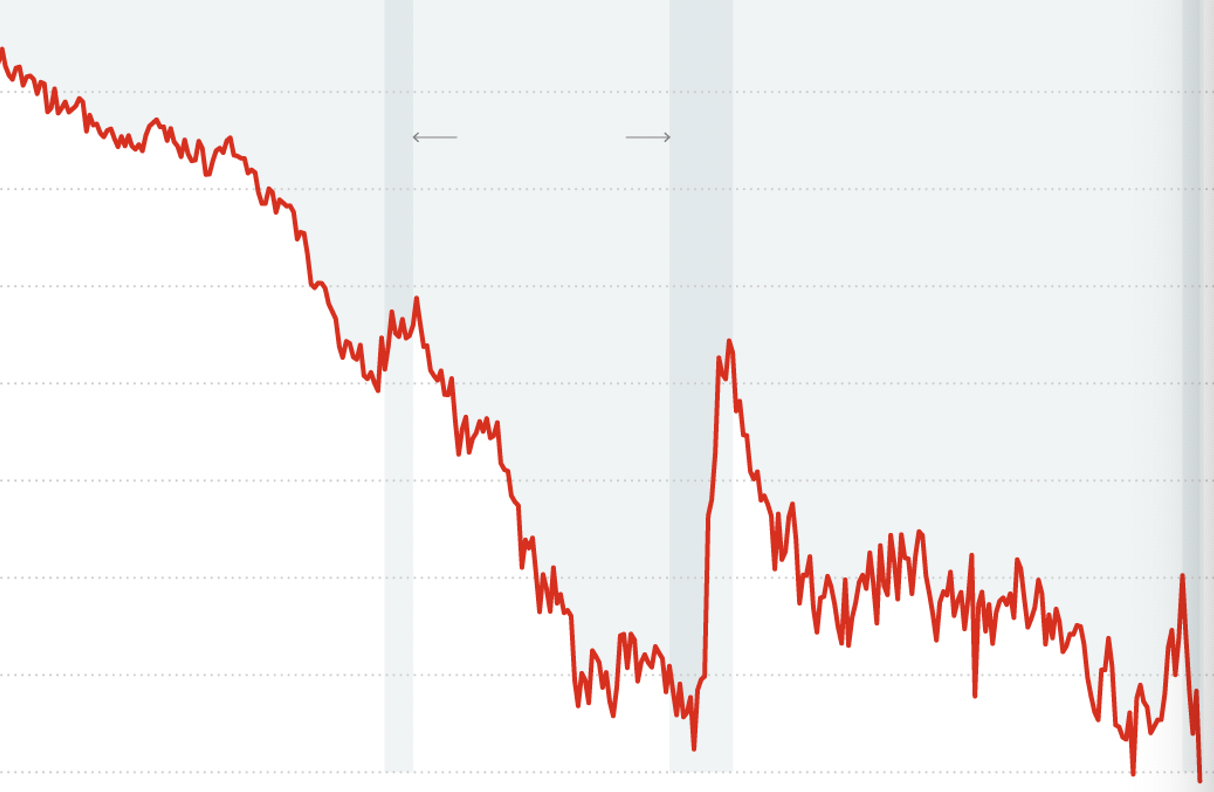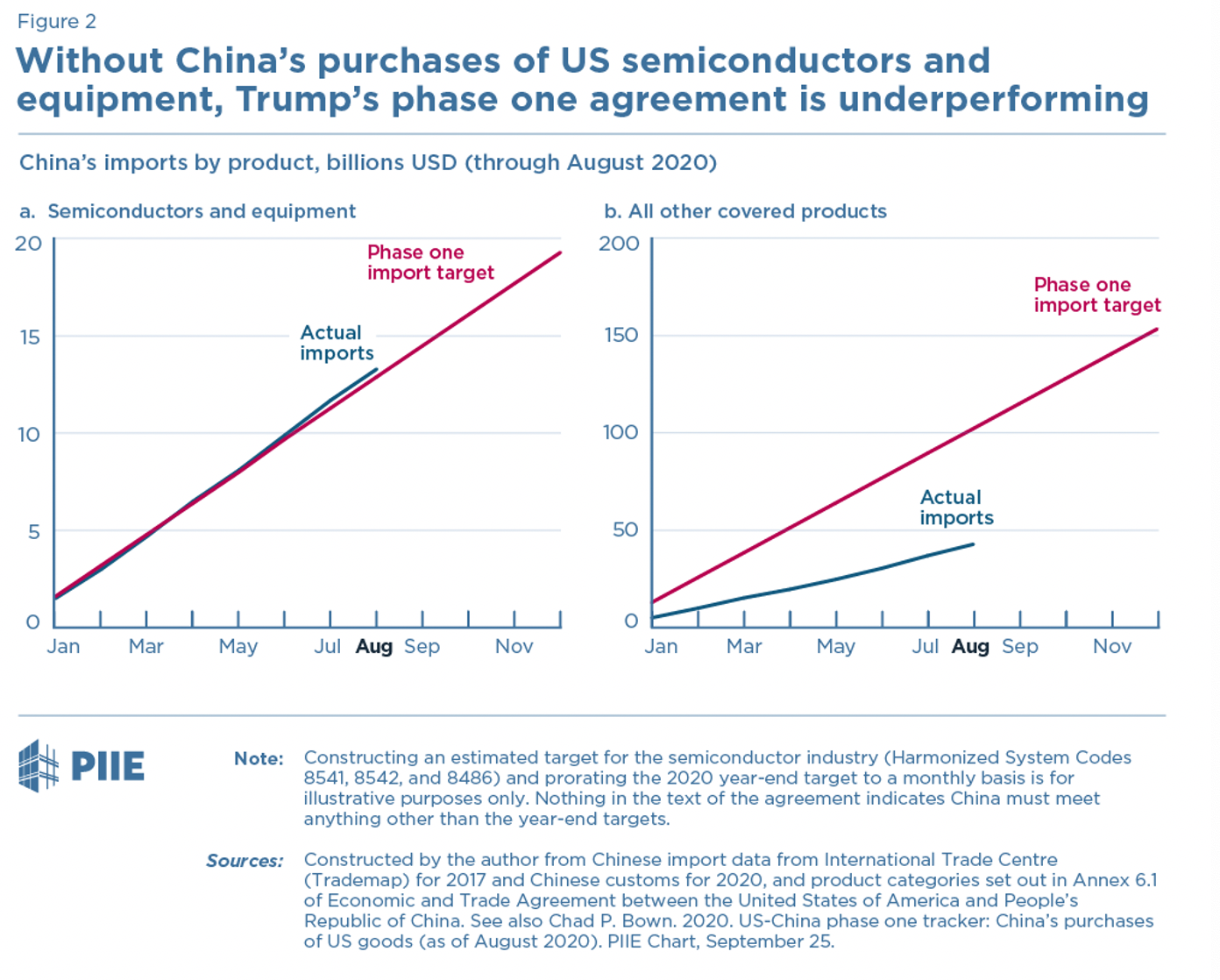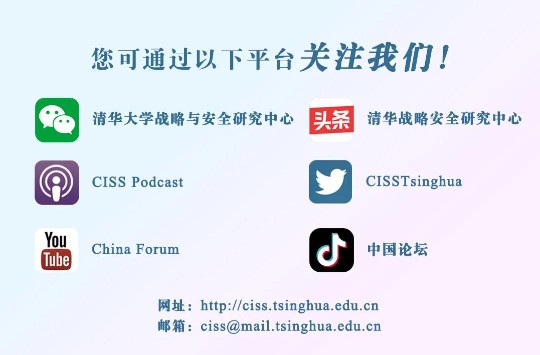编者按
9月26日,美国商务部宣布美国供应商需要提前申请许可证,并经过批准后才能向中芯国际出口高科技产品。这样一来,中芯国际成为继华为、字节跳动等公司之后,又一个被美国制裁的科技公司。
另外,9月下旬,包括特斯拉、福特汽车等知名企业在内的约3500家美国企业将特朗普政府告上美国国际贸易法院,指控美国政府对进口中国国产品加征关税政策不合理,要求退还有关企业多交的税款。
一、受到美国加征关税损害的贸易伙伴采取了报复性措施,已使美国付出了巨大的代价,就业岗位减少、家庭开销上涨、进口费用增加、出口更加困难。但特朗普最喜欢的经济主导指标---贸易平衡却没有改善, 仅货物贸易差额就创下了自老布什执政以来最严重的逆差。
But a membership survey published in September by the American Chamber of Commerce in Shanghai found that despite the administration's push for American companies to redirect investment to the United States, only 4 percent planned to do so; 79 percent reported no change in plans.Moreover, the trade war has come at a cost. Tariffs imposed by the United States and retaliatory measures taken by aggrieved trading partners have shaved billions off the U.S. economy, according to a Federal Reserve paper. And a 2019 study by economists at the Fed, Princeton University and Columbia University showed that tariffs imposed additional burdens on American households, raising the cost of imports and curtailing exporters’ access to markets.
For all that cost, there has been no improvement in Mr. Trump’s preferred indicator of economic dominance, the nation’s trade balance. The balance between America’s exports and imports of goods and services sank in July to its deepest deficit since the administration of George W. Bush. The balance in the trade of goods alone recorded its deepest deficit at least since the administration of Mr. Bush’s father.

(Sep 28, 2020, New York Times, Trump, Biden and ‘Made in U.S.A.’: Same Refrain, Varying Notes)
二、特朗普政府最新的出口限制措施不仅仅是切断了对中国的技术出口。也限制了美国对第三国(即使对方是美国的军事盟友)的销售,开创了一个危险的单边主义先例,并将使美国遭受经济损失。
The administration’s newest restrictions do more than shut off technology exports to China. The policy limits some American sales to third countries, even when they are US military allies. American semiconductor toolmakers cannot sell their equipment to major semiconductor manufacturers in South Korea or Taiwan, for example, if companies there want to use American tools to make anything to sell to Huawei, the Chinese telecommunications company targeted by the administration as a national security threat.
On China, President Trump has said, “We lose billions of dollars and, if we didn’t do business with them, we wouldn’t lose billions of dollars. It’s called decoupling.” But Trump has it wrong. His decoupling policy here could mean losses of billions of dollars of American sales not only to China but to other countries as well. And the unilateral nature of his policy could open new areas of conflict with the very same allies that are essential to mitigating the national security threat.
(Sep 28, PIIE, How Trump's export curbs on semiconductors and equipment hurt the US technology sector)
三、特朗普政府考虑将中国最大芯片制造商中芯国际列入贸易黑名单,这一政策对美国高科技经济支柱产业---美国半导体产业和美国的贸易伙伴都有潜在的危害。
The Trump administration has invoked national security as a rationale for its new export control regime, but its actions have opened another Pandora’s box for US trade policy, with potentially dangerous damage to the US semiconductor industry—a backbone of its high-tech economy—and to US trading partners.
Cutting off an important revenue source for American chipmakers, software designers, and toolmakers jeopardizes the research and development (R&D) that supports tens of thousands of American jobs. Less R&D also means less American innovation, including for weapons systems of the future. An overly -restrictive US export regime therefore creates a new national security risk. Lastly, in a time of scarce government resources owing to a pandemic and crippling recession, the new policy is also forcing the industry to demand tens of billions of dollars of new federal subsidies as compensation.

(Sep 28, PIIE, How Trump's export curbs on semiconductors and equipment hurt the US technology sector)
四、德国机械工程工业协会对外贸易总经理尤里克·阿克曼表示,中国企业成为世界第一只是时间问题,特朗普政府努力使中美经济脱钩的最终结果是推动中国进一步走向自给自足。
“It’s only a matter of time until Chinese firms are No.1,” says Ulrich Ackermann, managing director for foreign trade at Germany’s VDMA Mechanical Engineering Industry Association.
Trump’s assaults on WeChat and TikTok are a distraction; there are better ways to mitigate the national security risk Chinese companies may pose by gaining access to U.S. personal data. In any case, lashing out at Chinese tech companies will only slow, not derail, Beijing’s efforts to dominate the 21st century economy.
(Sep 19, Bloomberg, China is Winning the Trade War With Trump)
五、多家著名汽车生产商向国际贸易法院提出诉讼,指责特朗普政府加征关税是一场史无前例、无限制的贸易战。
A number of lawsuits are reported to have been filed by carmakers in the past few days in the New York-based Court of International Trade.
Mercedes-Benz in its filing accused Washington of "prosecution of an unprecedented, unbounded, and unlimited trade war impacting over $500bn in imports from the People's Republic of China".
Tesla in its filing called the tariffs "arbitrary, capricious, and an abuse of discretion".
Founder Elon Musk wants the tariffs cancelled along with a "refund, with interest" of import taxes paid, according to the filing.
Chinese-owned Volvo Cars has also filed a lawsuit saying it is in favour of free trade and open markets. "Volvo Cars strongly believes the way to reach economic growth is to reduce tariffs and harmonize international trade," a spokesman told the BBC.
(Sep 24, BBC News, Trump: Major carmakers sue US government over China tax)
六、特朗普政府对中国加征关税的代价不仅伤害了美国消费者,而且最终也没有达到削减贸易逆差、提高美国相对于中国的竞争力,或者恢复美国制造业的主要目的。
Tariffs simply failed to do the job Trump and advisors such as economist Peter Navarro and trade representative Robert Lighthizer wanted them to do. They may have hurt China’s economy somewhat, but at the cost of also hurting U.S. consumers in the process. And they didn’t accomplish any of their primary stated purposes — cutting the trade deficit, increasing U.S. competitiveness relative to China, or restoring U.S. manufacturing.
Tariffs don’t just make imported consumer goods more expensive; they also make inputs more expensive. U.S. companies use lots of imported goods to make things — raw materials, parts, and so on. Tax those inputs, and you make it more expensive for U.S. producers to produce. This is a big no-no in tax economics — it’s always better to tax final goods than the inputs used to make those goods. But Trump’s tariffs ignored this principle and taxed everything.
Economists Kyle Handley, Fariha Kamal, and Ryan Monarch recently tried to estimate just how much this effect has hurt U.S. exporters. They found the products whose supply chains were taxed more heavily ended up suffering significantly worse.
(Sep 10, 2020, Bloomberg, Trump's Trade War Failed. Can Biden Do Better?)

